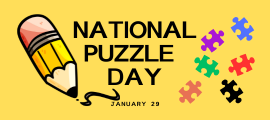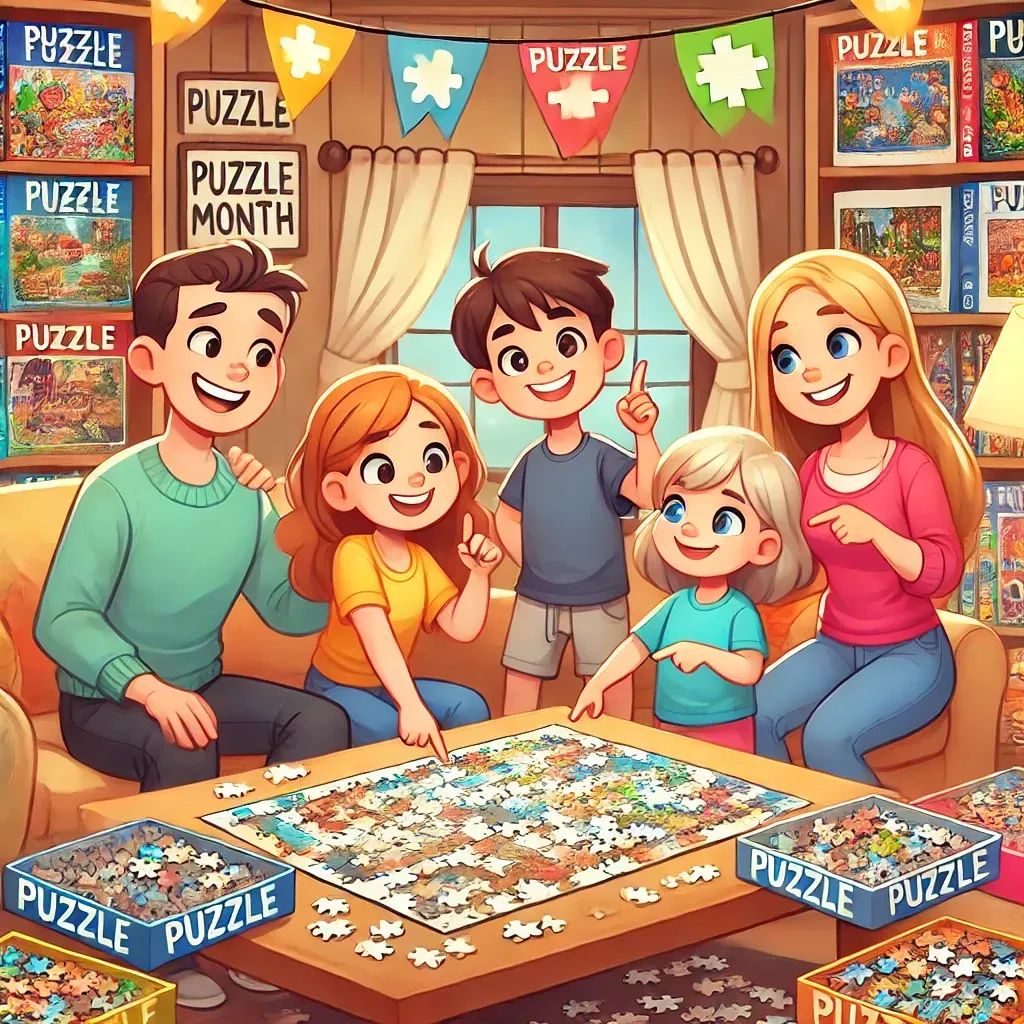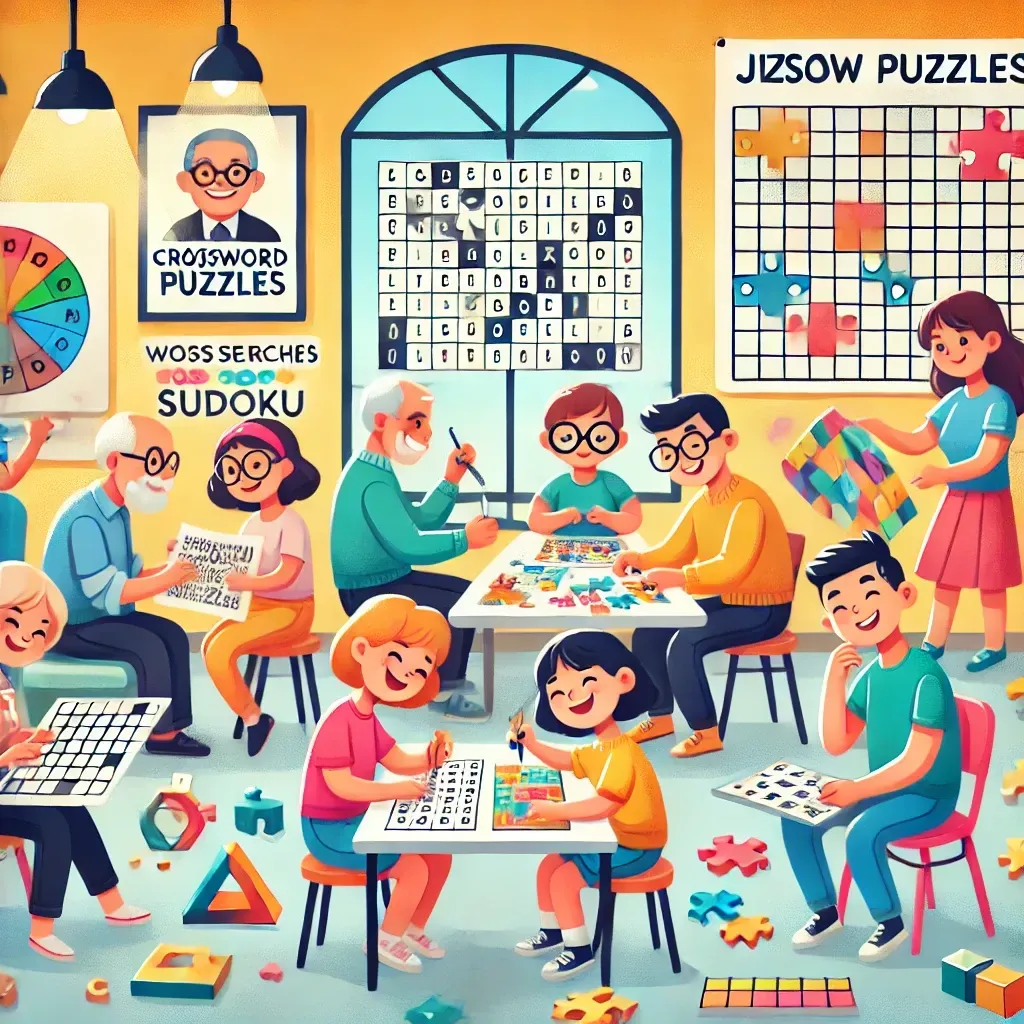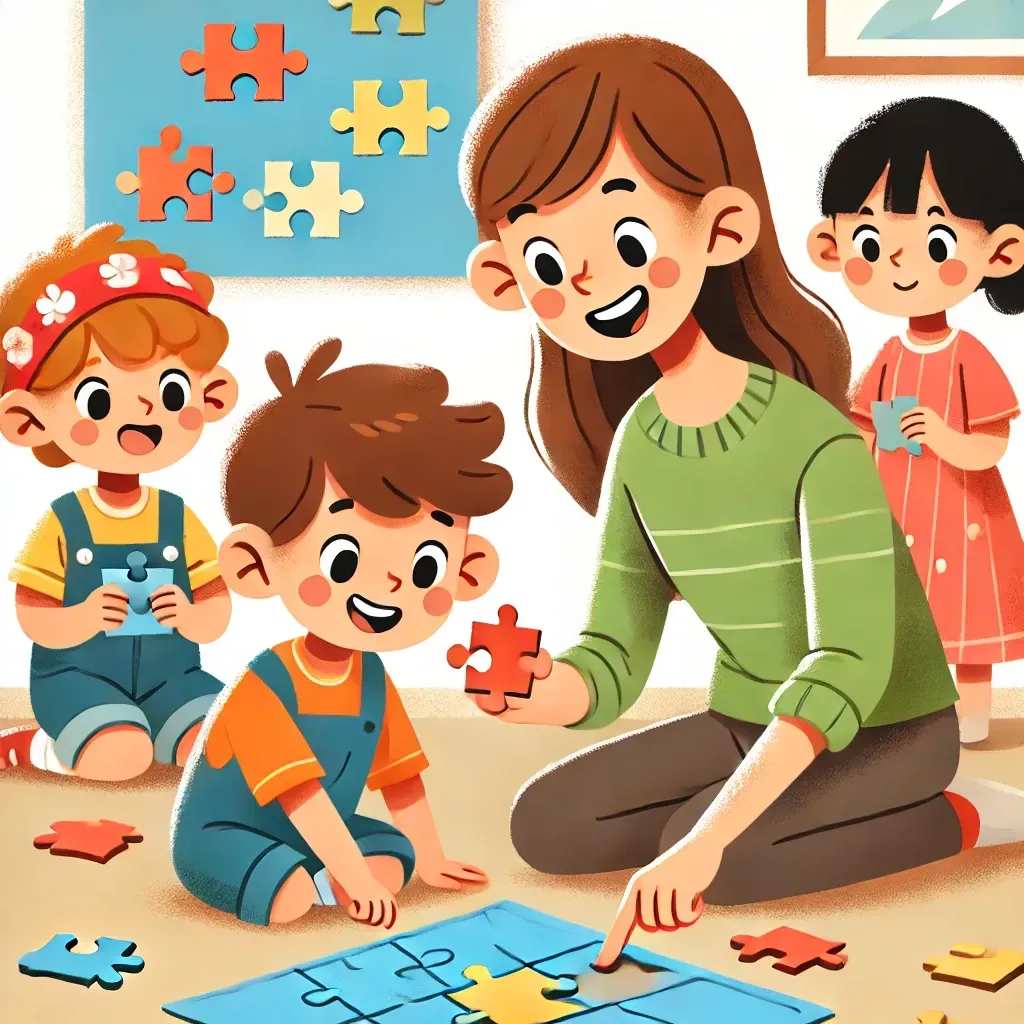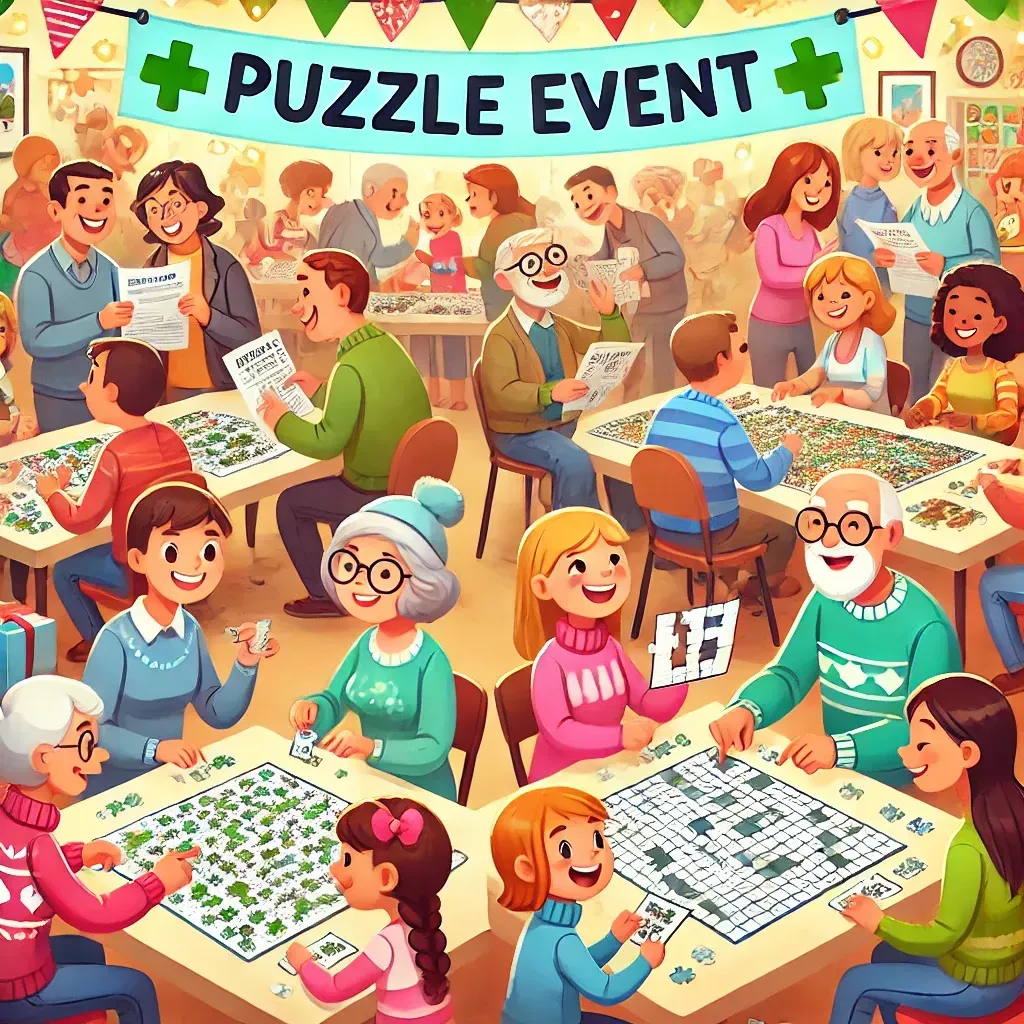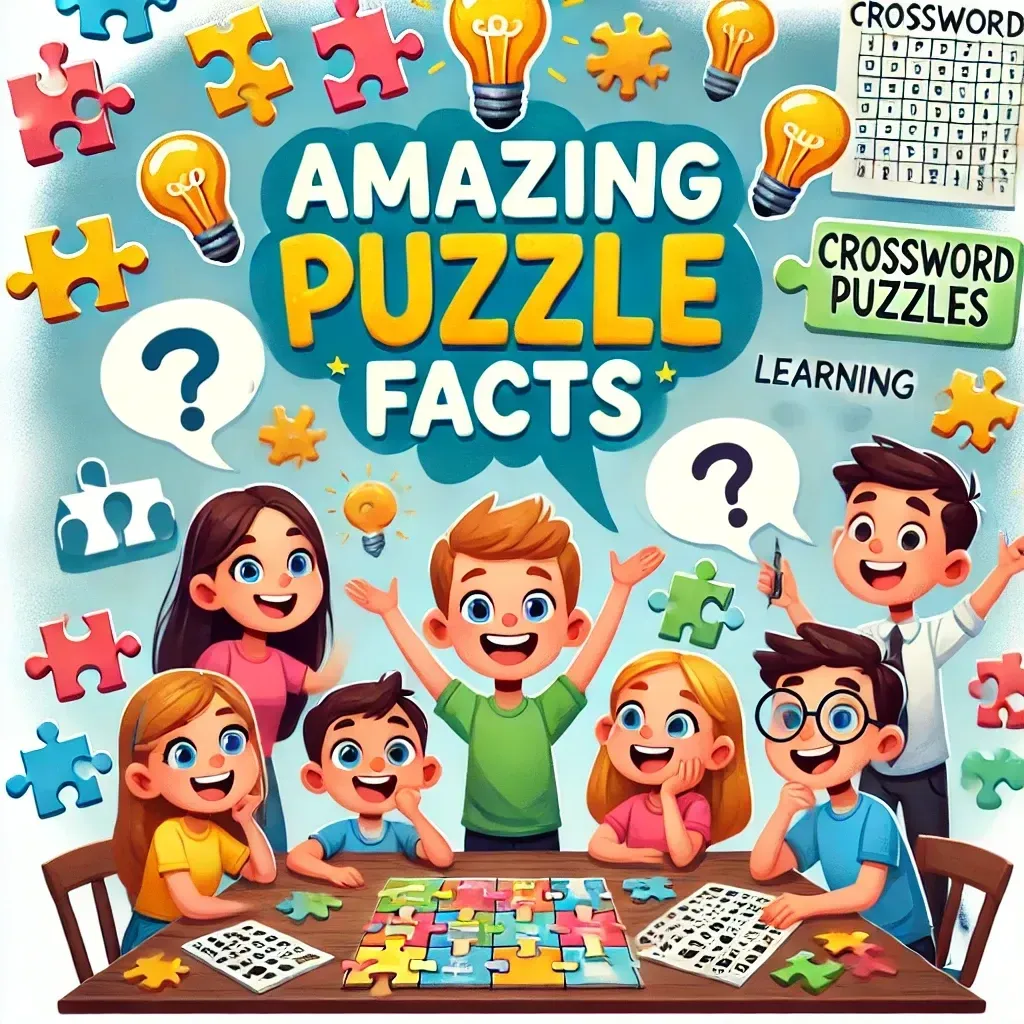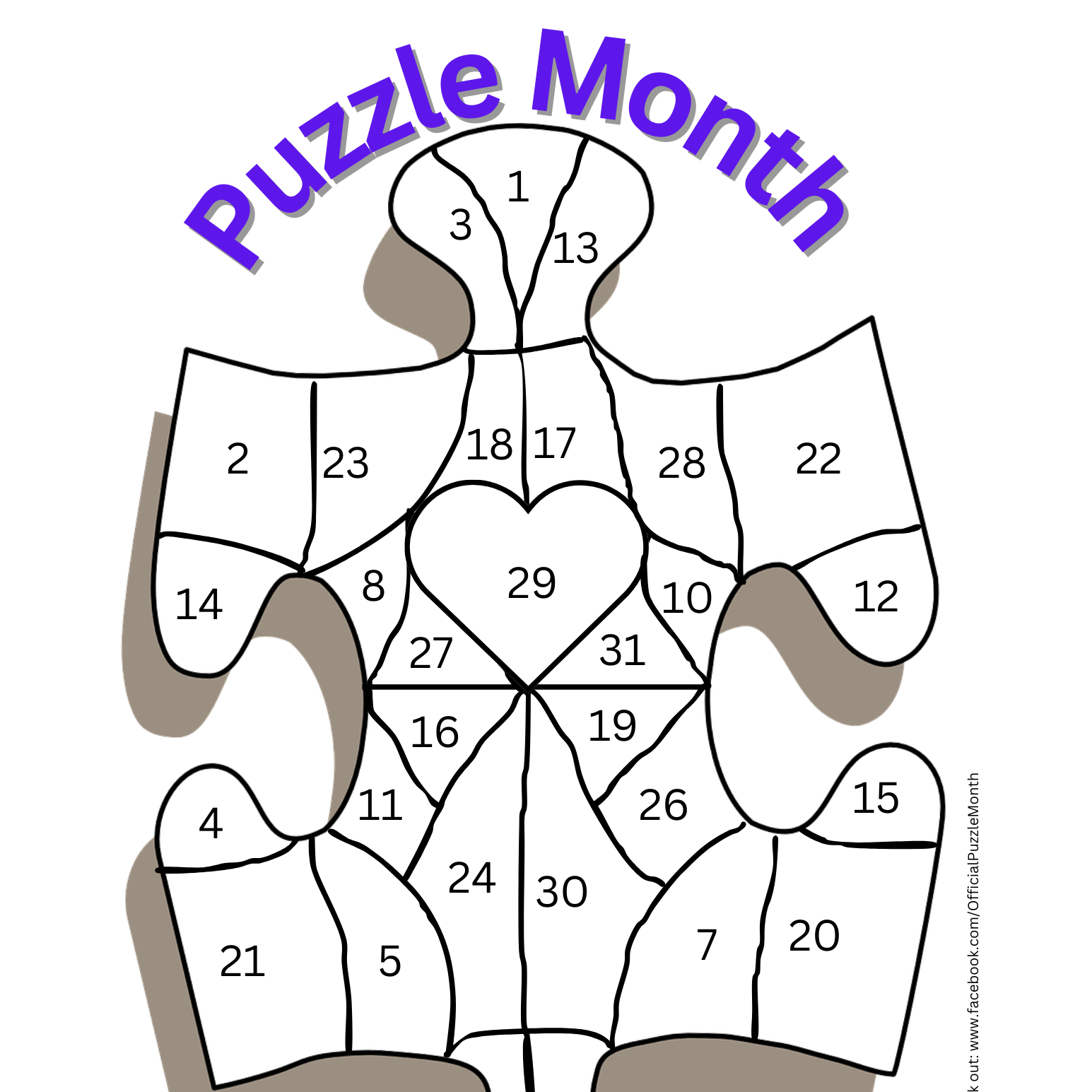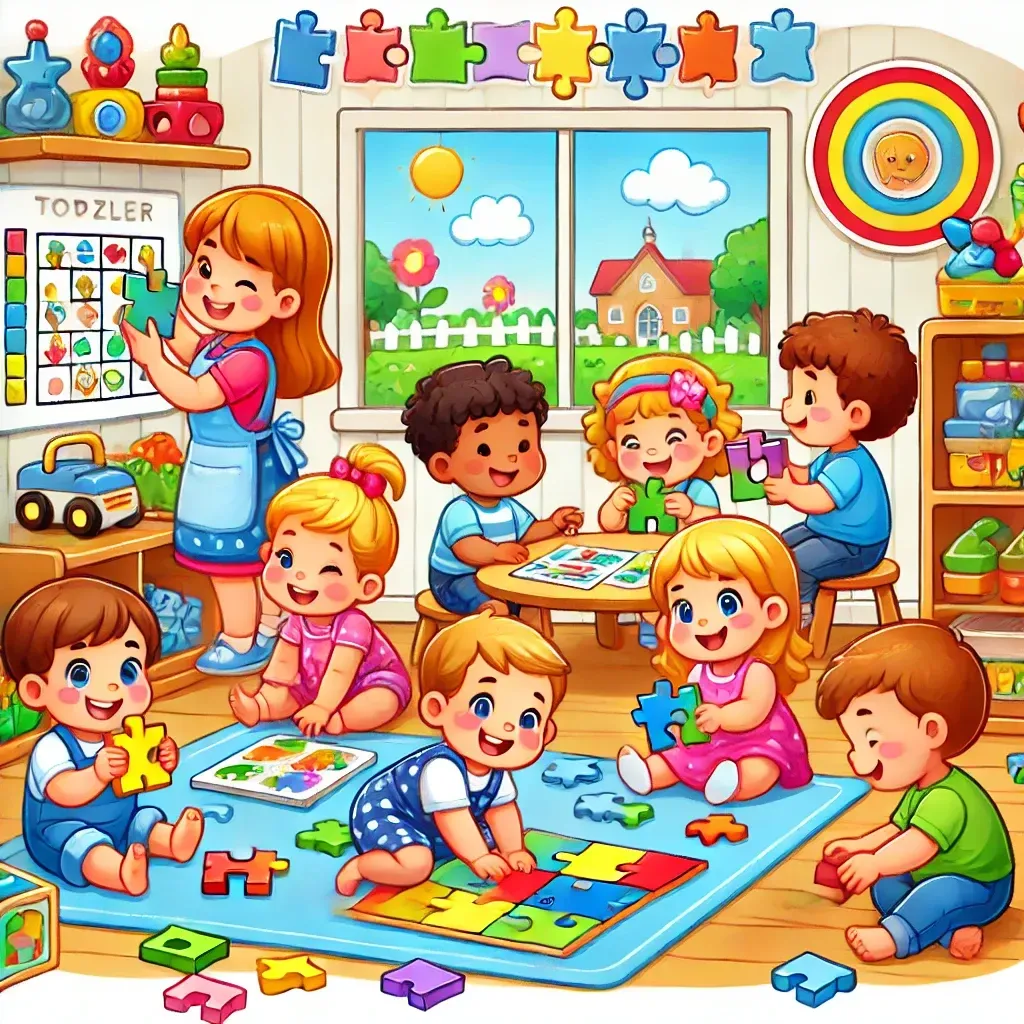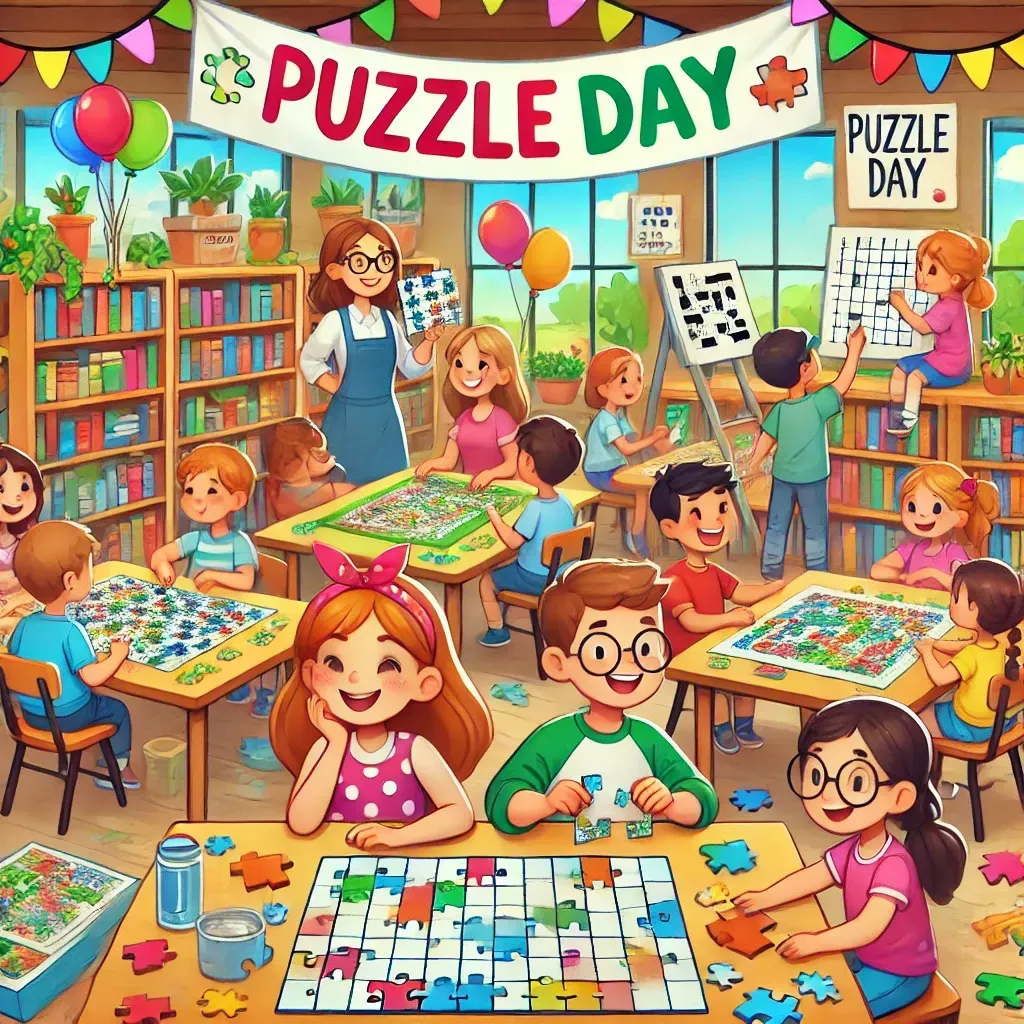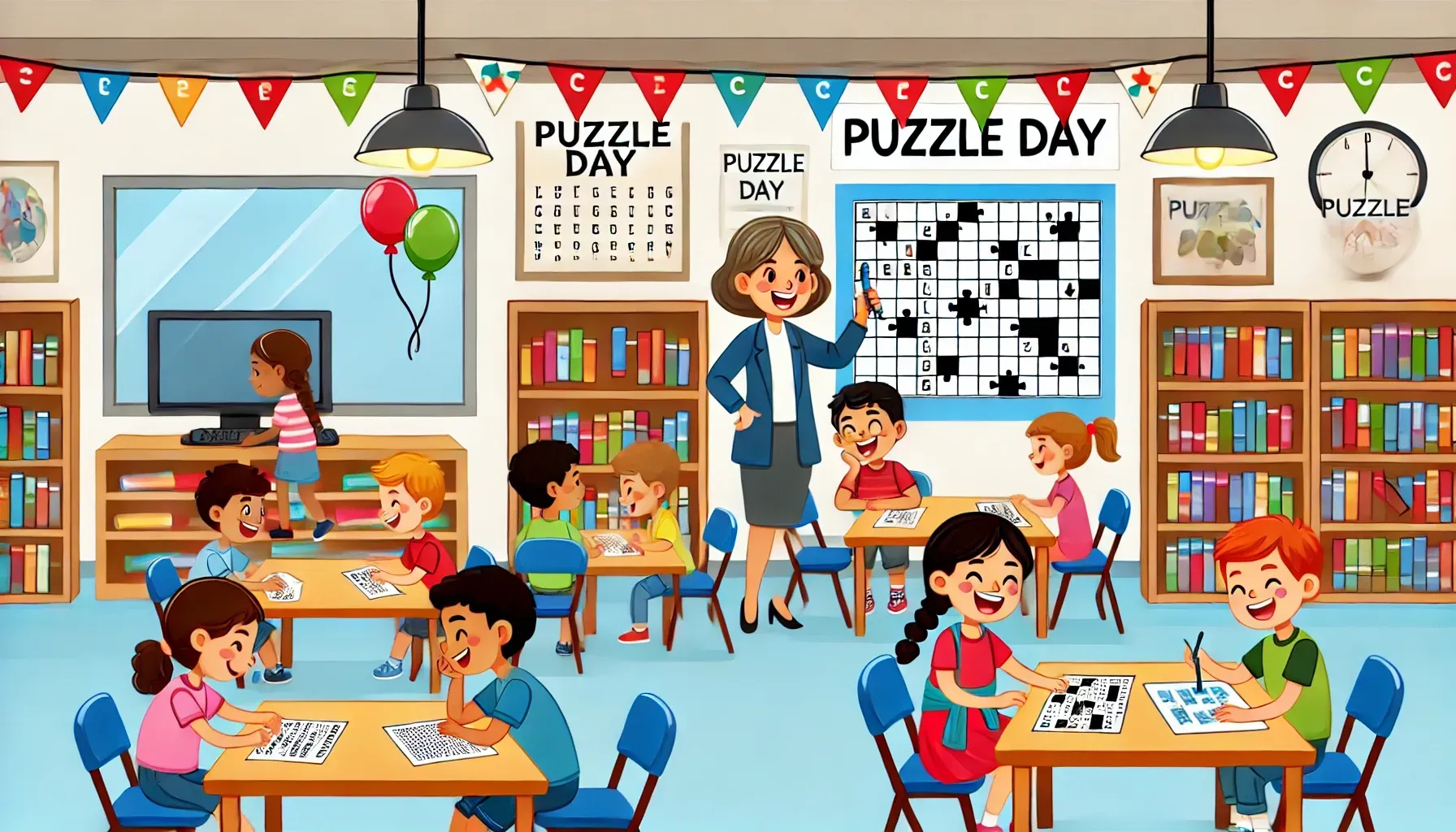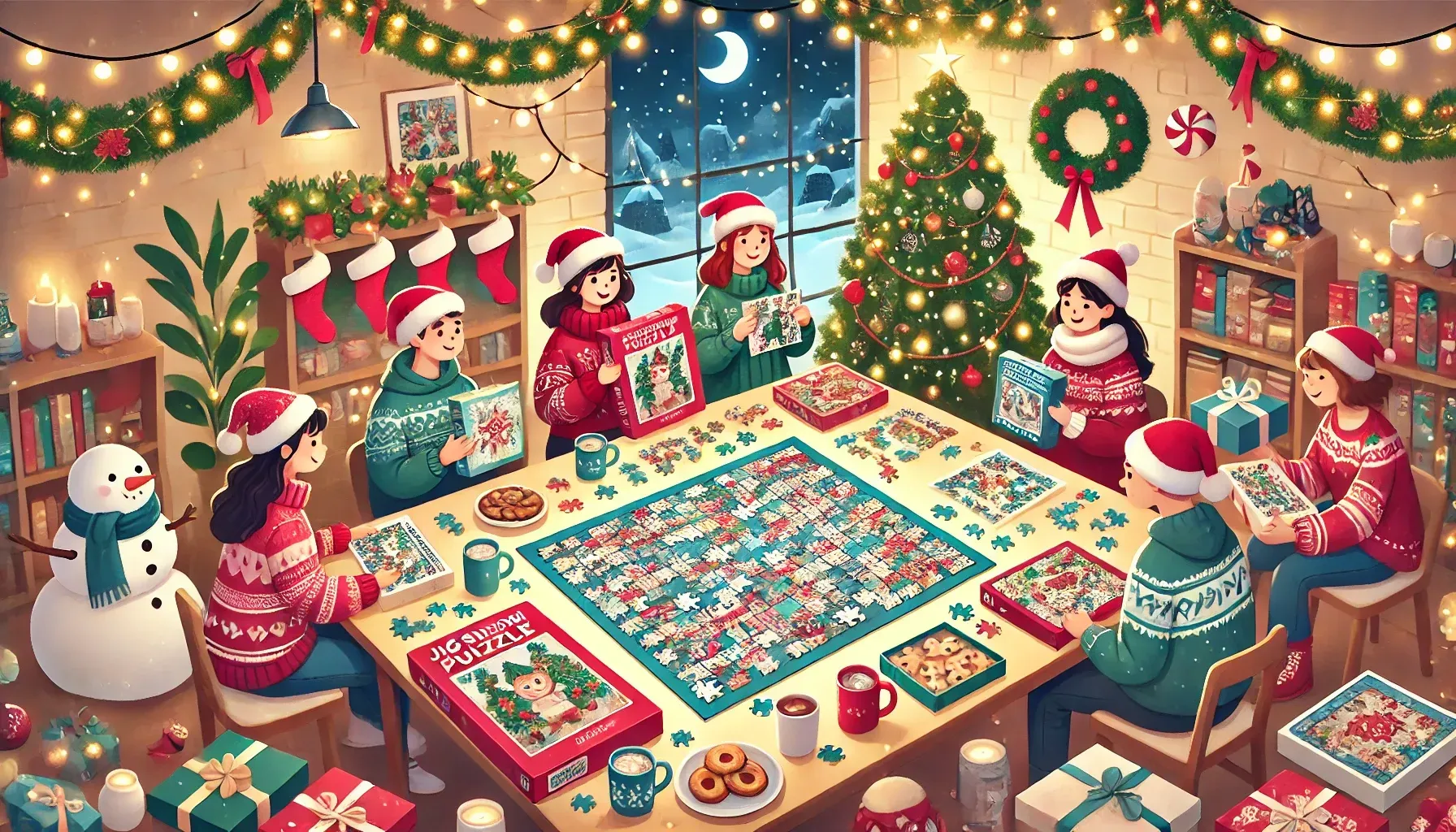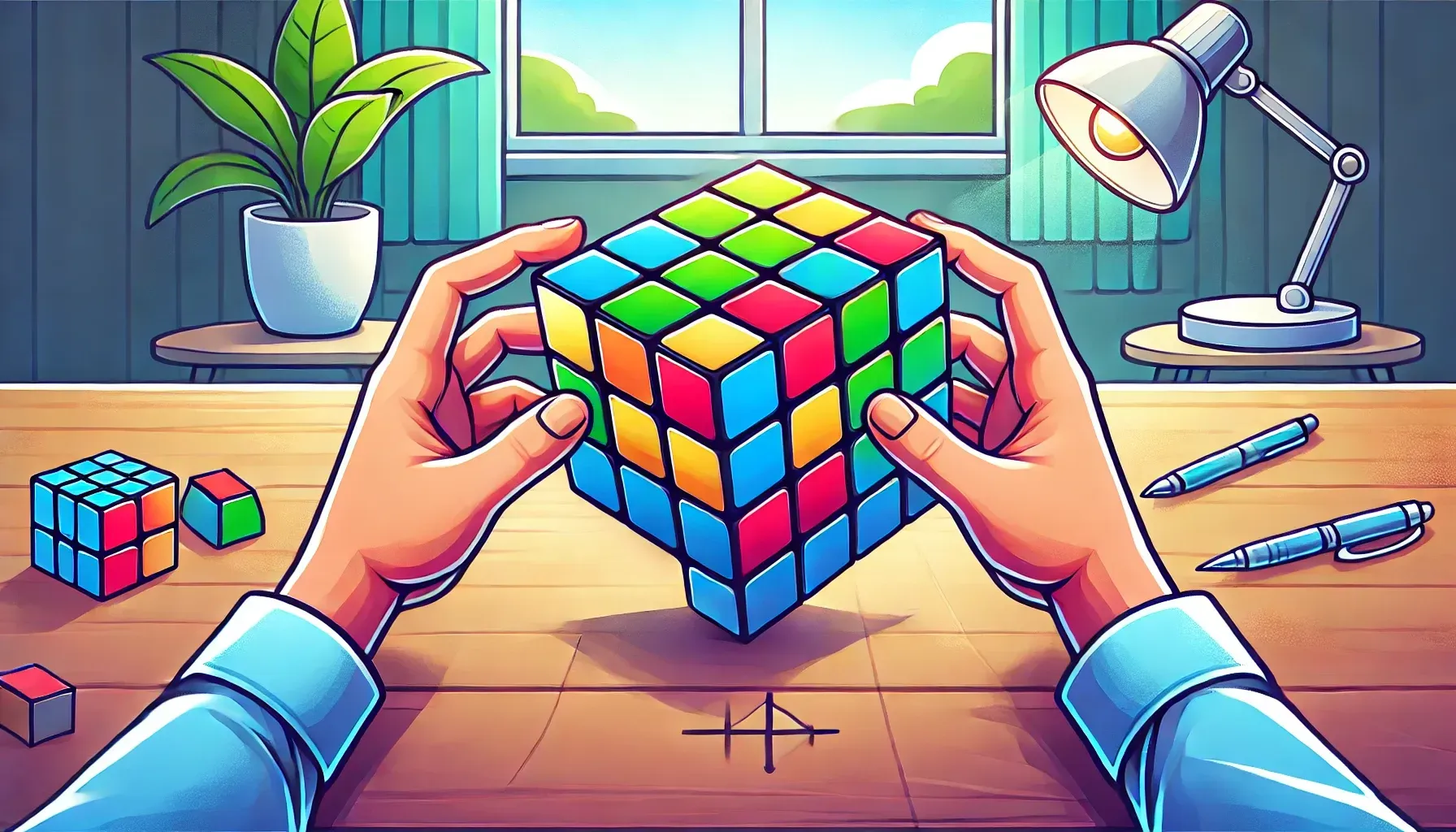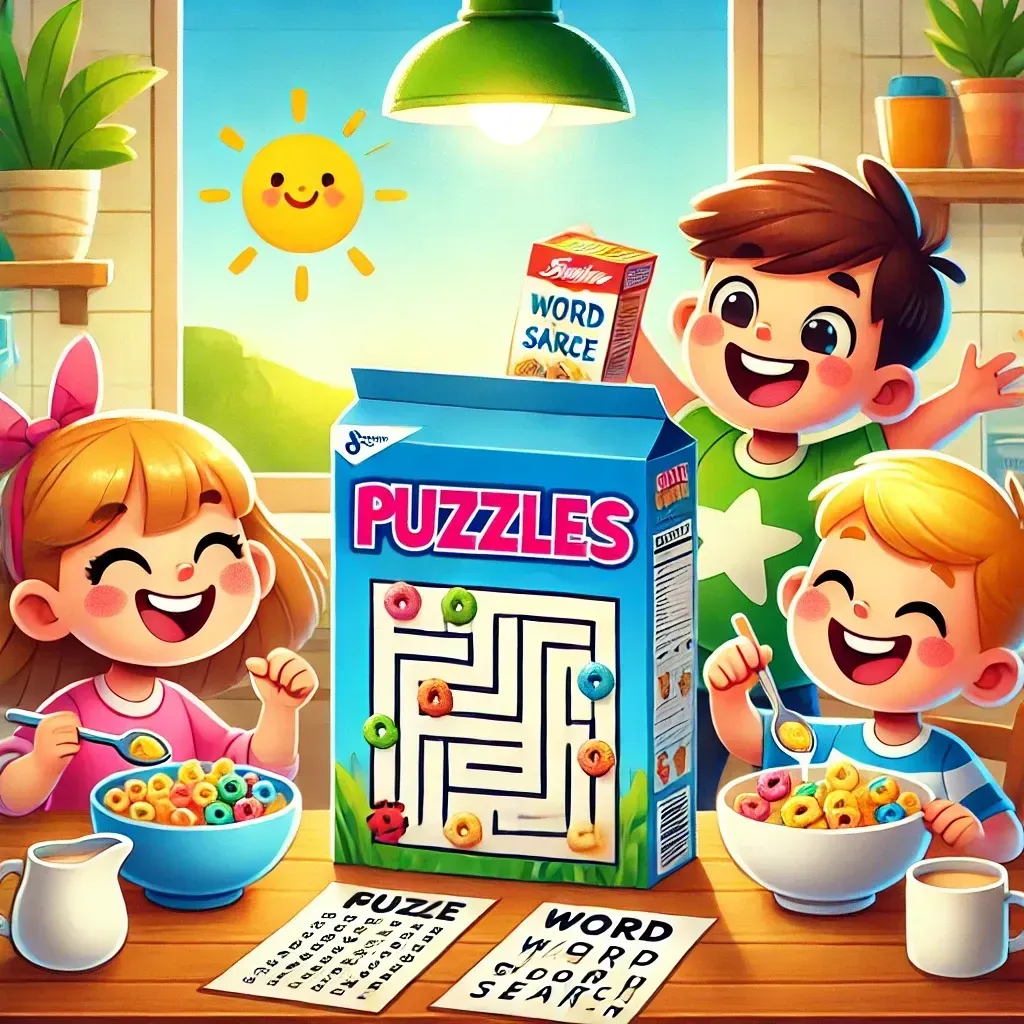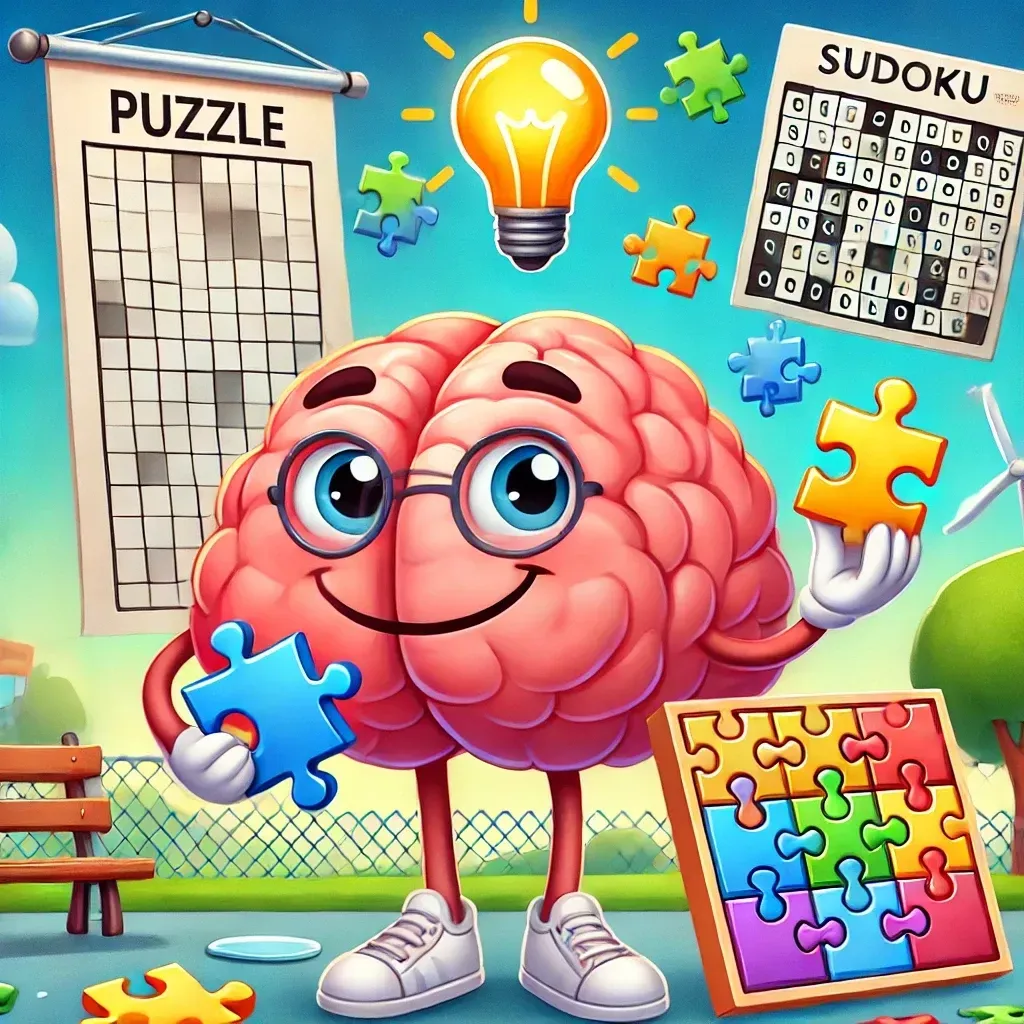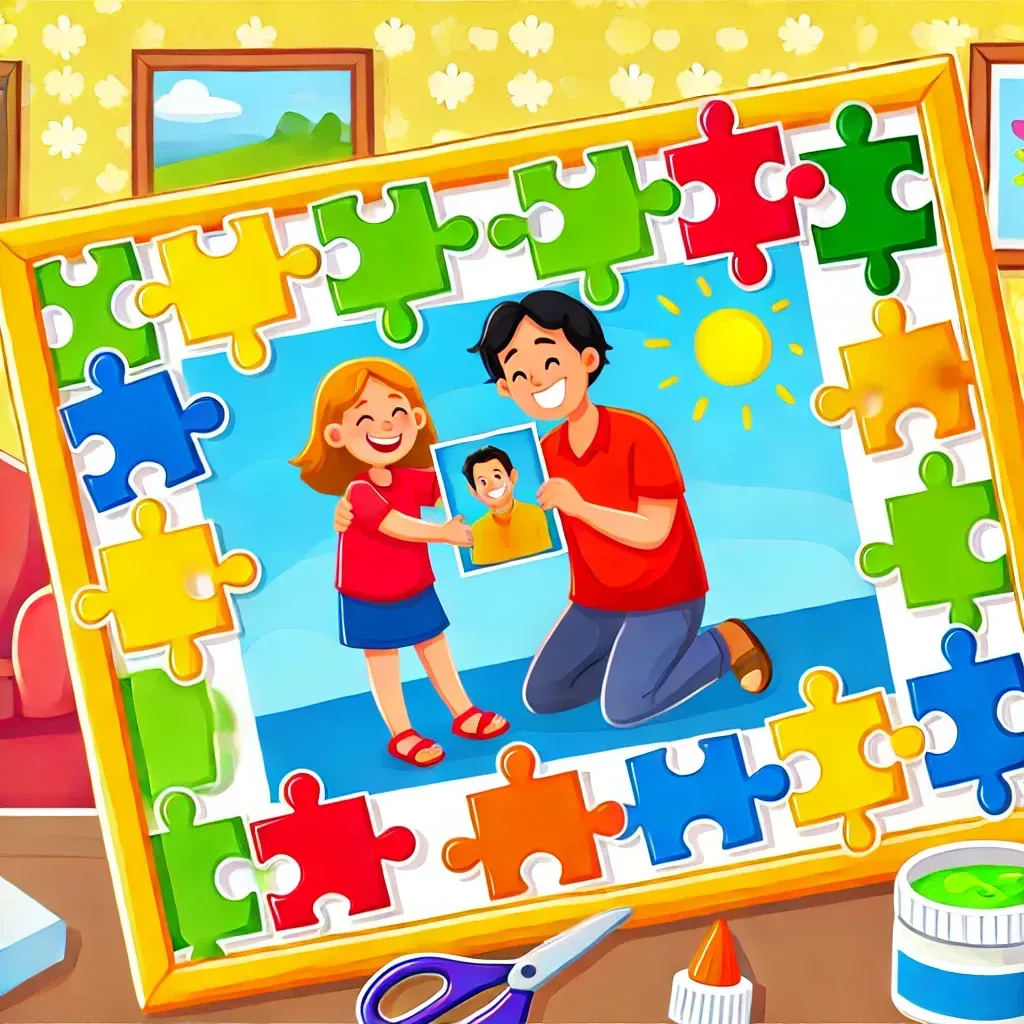Where to Donate Jigsaw Puzzles Local and in Your Community
Where to Donate Jigsaw Puzzles: Community List
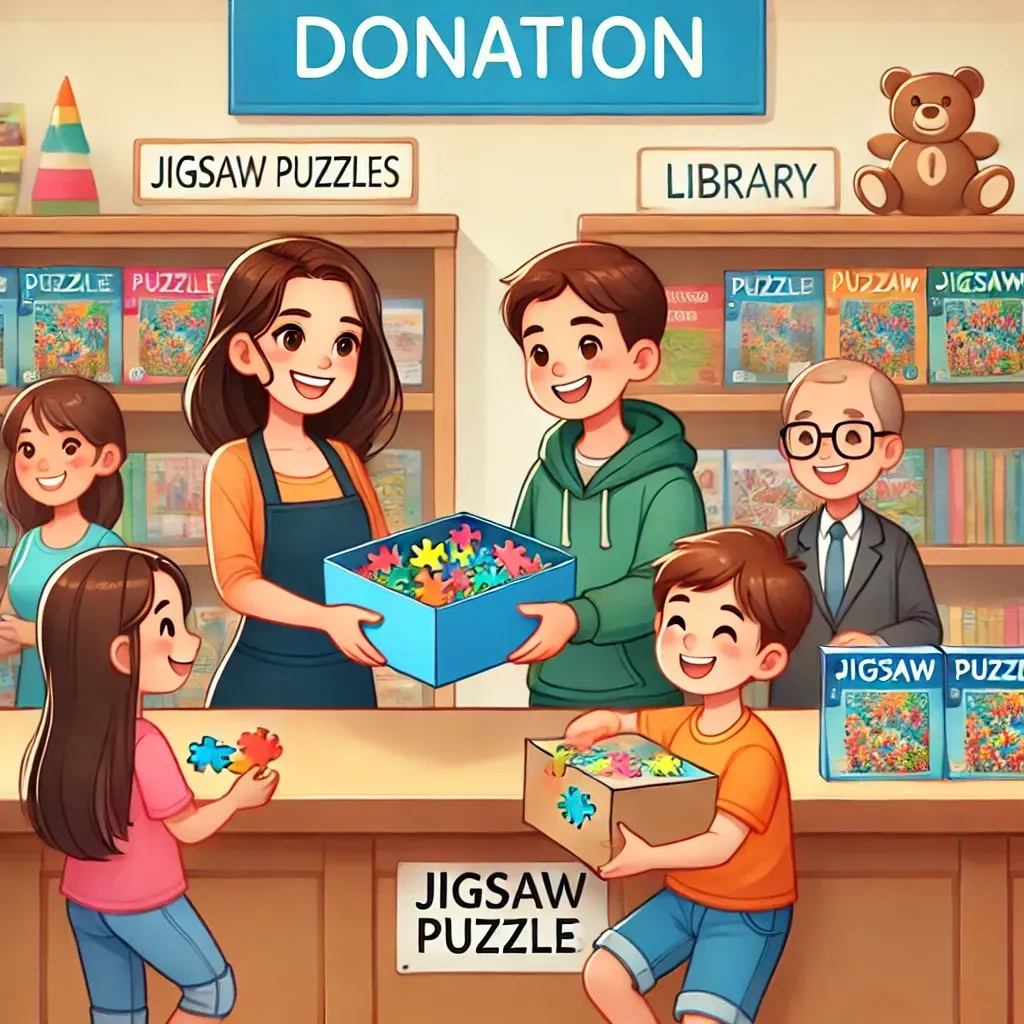
If you have old jigsaw puzzles gathering dust in the closet, why not give them a new life? Not sure where to start? Well, some of the best places to donate puzzles is locally. And it's not as hard as you might expect as people in your town are interested in donated jigsaw puzzles. In fact, the opportunity to donate puzzles is a great way to find other people enthusiasts. Thankfully people have sat down and figured out how to make the process easy and meaningful.
When to Donate Jigsaw Puzzles?
January’s Puzzle Month and National Puzzle Day on January 29th make this the perfect time to share your puzzles with others. Of course, you could donate puzzles during any time of the year, including when you are spring cleaning or moving. Puzzles are universal so when you want to donate puzzles, you can. Donating jigsaw puzzles can bring joy to schools, libraries, community centers, and families who would love the chance to solve a puzzle - without the cost of buying new ones.
Donate to Libraries and Community Centers
Local libraries and community centers are great places to donate puzzles. These spaces often set up puzzle stations for visitors or include puzzles in lending programs where people can “check out” puzzles to take home.
Why It Matters: Puzzles are an excellent way for libraries and community spaces to encourage screen-free learning, relaxation, and creativity.
Tip: Before donating, call ahead to confirm they accept puzzles and ask about any specific guidelines. Puzzles should be complete, clean, and organized in their original boxes or containers.
Donate to Schools and Classrooms
Schools love puzzles for their educational value. Jigsaw puzzles help kids build problem-solving skills, improve focus, and develop hand-eye coordination—all while having fun!
Where to Donate:
- Elementary schools
- After-school programs
- Preschool classrooms
Why It Matters: Donating puzzles to schools often means children get the chance to play fun puzzles.
Teachers often use puzzles as a quiet-time activity, a learning tool, or as part of indoor recess during colder months. If you have kid-friendly puzzles (think simple designs, fewer pieces, and bright colors), schools will put them to great use.
Donate to Senior Centers and Assisted Living Facilities
Jigsaw puzzles are a favorite activity among seniors because they provide mental stimulation, improve dexterity, and offer a relaxing way to spend time. Senior centers, retirement homes, and assisted living facilities are always looking for activities to keep residents engaged.
Why It Matters: Working on puzzles can reduce stress, encourage social interaction, and boost cognitive health for older adults.
Tip: Choose puzzles with larger pieces (often called “easy-grip” puzzles) that are easier for seniors to handle and assemble.
Donate to Thrift Stores and Nonprofits
If you’re looking for a broader audience, consider donating puzzles to thrift stores, nonprofit organizations, or charities like Goodwill and The Salvation Army. These organizations often sell puzzles at a low cost, allowing families on a budget to enjoy them.
Other Nonprofits to Consider:
- Shelters for families or youth
- Organizations supporting foster children
- Churches that host community events
Tip: Label the puzzle as “complete” if all the pieces are there. Thrift stores appreciate donations that are ready to use and free of missing pieces.
Donate to Puzzle Swaps and Local Groups
Puzzle swaps are a fun and interactive way to share puzzles with others in your community. Host a small puzzle swap at your local library, classroom, or community center where people can trade puzzles they’ve already completed for “new-to-them” ones.
If you don’t want to organize a swap, look for local Facebook groups, community boards, or online forums where people share or request puzzles. You’d be surprised how many puzzle lovers are out there eager to give puzzles a second life.
Donate to Family and Friends
Sometimes, sharing puzzles with family and friends is the simplest option. If you have puzzles you’ve completed, pass them along to others who enjoy puzzling. It’s a great way to spread joy while encouraging puzzle play during Puzzle Month.
Why Now?: January’s Puzzle Day on the 29th is the perfect opportunity to challenge someone you know with a new puzzle! Perhaps you’ll even solve it together!
How to Prepare Jigsaw Puzzles for Donation
Before donating, follow these quick tips to make your puzzles ready to share:
- Check for Missing Pieces: It’s best to donate puzzles that are complete.
- Clean the Box and Pieces: Wipe down puzzle pieces and boxes to remove dust or debris.
- Organize Loose Pieces: Place pieces in resealable bags before putting them in the box.
- Label the Puzzle: If you know the number of pieces or it’s missing a piece, note it clearly.
Why Donating Jigsaw Puzzles Matters
Donating jigsaw puzzles is about more than decluttering—it’s about sharing joy. Puzzles bring people together, challenge the mind, and provide screen-free entertainment. By passing along puzzles you’ve completed, you’re helping schools, seniors, families, and organizations enjoy the benefits of puzzling without the expense of buying new ones.
Puzzle Month and Puzzle Day are wonderful times to celebrate the fun and creativity puzzles bring. Use this month as an opportunity to clear your shelves, give puzzles a second life, and make someone’s day a little brighter—one piece at a time.
Happy puzzling!
